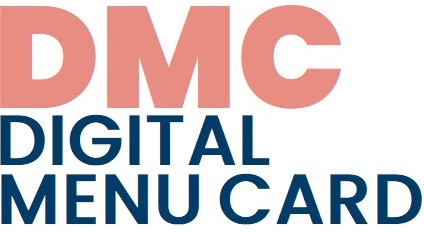- Loghează-te sau înregistrează-te să postezi comentarii
We can read about formative assessment as formative, helpful or developmental assessment.
The purpose of the formative evaluation is to assess the results achieved and the existing shortcomings on the go, to confirm the results and to correct any errors. The formative name refers to the shaping of the teaching-learning process. The aim of formative/developmental assessment is to help the student learn more effectively, not to judge (especially not to condemn) the work done so far, but to point out opportunities that make the learning process more effective.
Developmental assessment is actually a teaching-learning method. It is inseparable from the fact that it does not take place at one point in the process, but accompanies the whole process. Developmental assessment serves to identify the learner's development and learning needs and to adapt teaching accordingly. Accordingly, one of the great advantages of developmental assessment is that it helps and shapes the learning process itself.
Developmental assessment is the frequent, interactive assessment of students' development and knowledge, with the aim of defining learning objectives and learning outcomes and adapting the teaching-learning process to them. Developmental assessment focuses on the learning process and the development of the individual, so it often appears in the literature as a supportive assessment. Numerous researches show that in order to improve students’ individual performance effectively, the educator should focus on four areas: questionning, feedback, goals shared with students, peer and self-assessment.
In addition to the achieved results, developmental evaluation means the exploration of learning difficulties and thus the foundation of development. It allows the teacher to modify the educational goals, the content of teaching and learning, and the pedagogical, learning process if he deems it necessary.
For example, the final assessment of a well-rehearsed, simpler and well-prepared section of a curriculum can also yield good results for low-achieving and under-motivated students. This positive energy can then be transferred to a more difficult and lengthy stage of learning, with smart support from the teacher. Improved grades resulting from developmental assessment can help students break out of their status as weak or average learners in class and redefine their relationship to the subject and to the teacher.
-
The advantage of developmental assessment is that it interacts flexibly with teaching and learning strategies. It works well if the assessment tools and procedures, as well as the teaching and learning techniques are flexible, can be modified, they adapt to the changes in the learning needs, so a more interactive connection is created between the student and the teacher.
-
The essence of the assessment is really the development itself, as it also affects students' self-development, self-image, self-assessment, and the development and support of metacognition.
-
It not only serves to reproduce knowledge in a reproductive way, but also provides an opportunity to develop the competencies to be developed. "Instead of teacher goals, student outcomes should guide planning - it requires the educator to set performance requirements at the beginning and not at the end of the teaching and learning process." (Lénárd, Rapos, 2009)
Educators agree with the concept of developmental assessment, but many of them do not believe that the ideas can be put into everyday practice because there are too many obstacles. High school teachers in particular respond that it is not easy to apply developmental assessment to large classes. The pace of material processing cannot be slowed down, the requirements of the curriculum must be met in one class. Objections include the difficulty of using developmental assessment with students who are more difficult to manage.
The most common pedagogical mistake is to underuse the motivational potential of developmental assessment. Without it, however, assessment falls back into the daily routine of "getting a grade" and fails to fulfil its purpose.
Digital tools for formative assessment: https://www.edutopia.org/article/7-smart-fast-ways-do-formative-assessment
